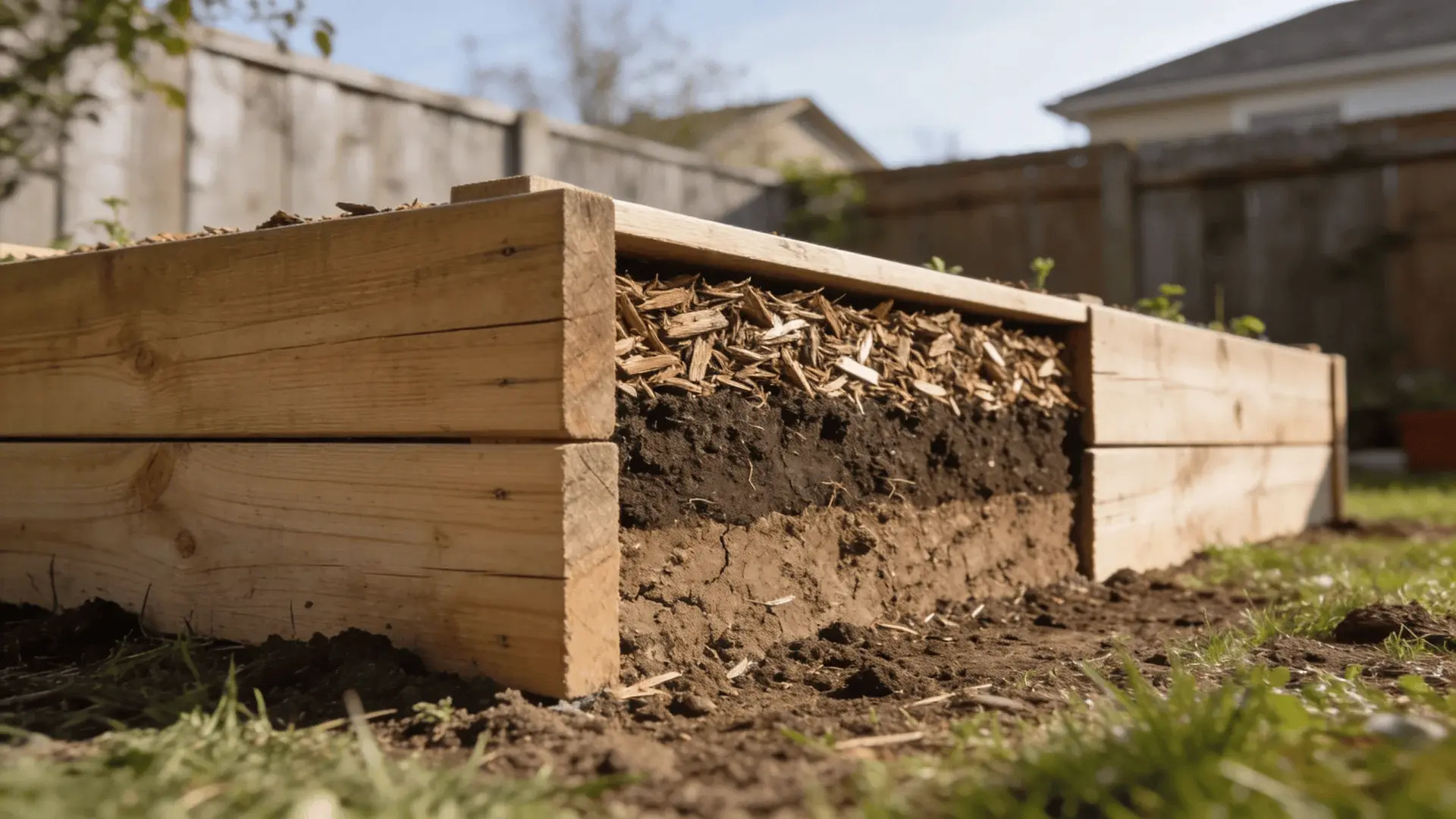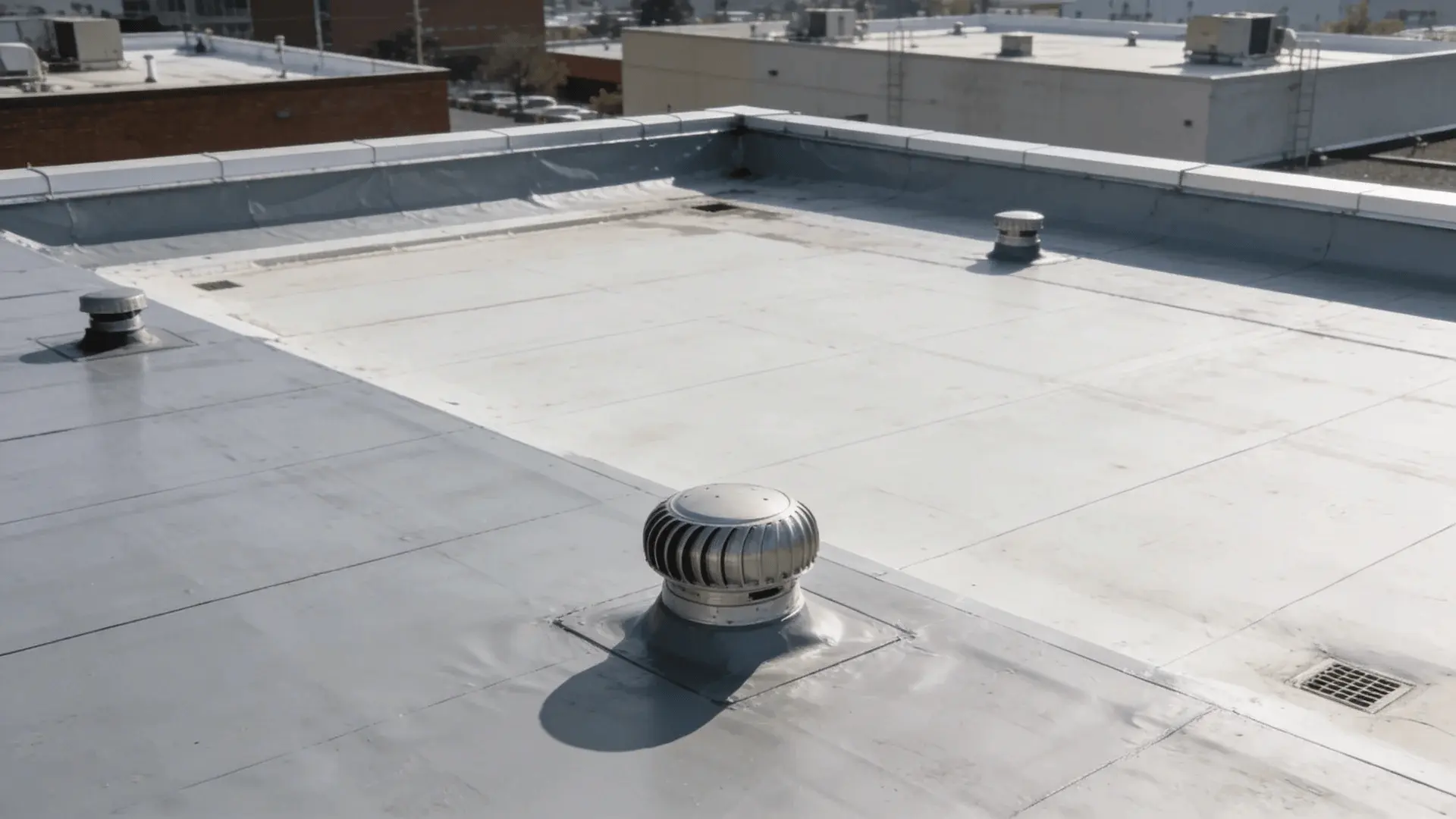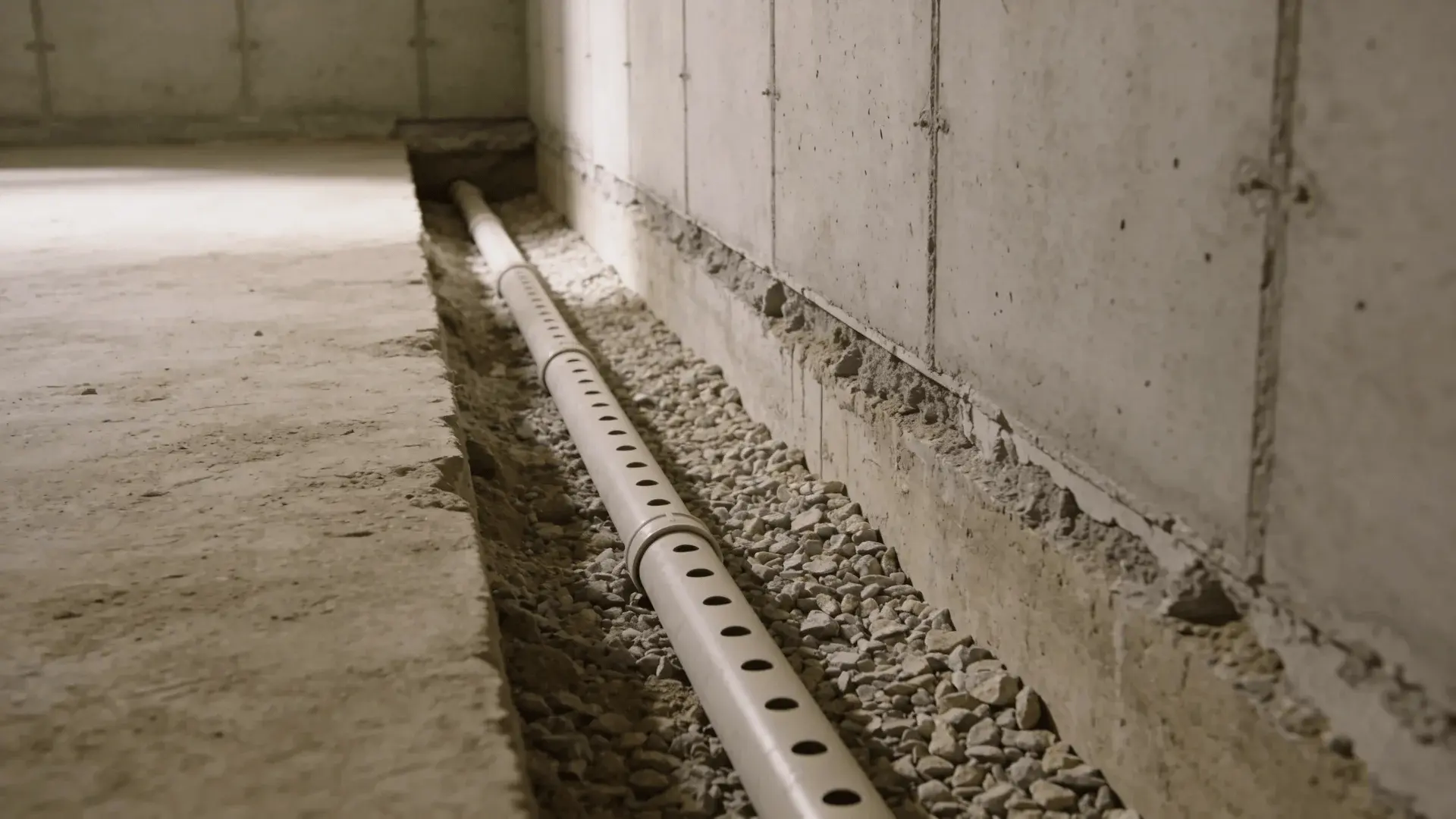Backyard projects often mean hauling bags of soil, stacking pavers, or shifting mulch across uneven ground. You might find yourself bending, lifting, and pushing more than expected as you bring your garden plans to life. Without the right approach, these simple tasks can quickly become exhausting or even painful. Thus, below are practical tips to help you move heavy materials with ease.
How to Make Backyard Projects Easier on Your Body
Here are ways to prevent strain and keep your projects both productive and comfortable.
Get the Right Tools for the Job
The right tools can turn a tough backyard task into a smooth, strain-free experience. For instance, instead of carrying heavy materials by hand, use a wheelbarrow, garden cart, or dolly to do the heavy lifting. These tools distribute weight evenly, making it easier to move soil, stones, or mulch without overworking your muscles.
Choose tools that fit your space. For example, a sturdy wheelbarrow works best in open areas, while a compact hand truck or sled helps in tight spots. Before using any equipment, check that wheels, handles, and grips are secure to prevent accidents.
For larger projects, find dump trailers to move and unload heavy materials like soil, gravel, or debris, without putting extra strain on your body.
Plan Before You Lift
Before touching any heavy materials, take a few minutes to map out your work area. Decide where each item should go to avoid unnecessary back-and-forth trips. This simple step saves time and prevents early fatigue.
Next, check the path you’ll use to move materials. Remove any obstacles, including garden tools, loose stones, and uneven spots that could cause slips. If the ground is soft or sloped, lay down plywood or boards for a stable surface. A smooth path reduces the risk of losing balance when carrying weight.
Additionally, group materials close to where you will use them. For instance, keeping soil, mulch, or stones within easy reach means less lifting over long distances.
Rely on Proper Lifting Techniques
How you lift matters as much as what you lift. Thus, start by standing close to the object with your feet shoulder-width apart for balance. Bend your knees, not your back, and keep the load close to your body as you rise. This posture shifts the effort to your legs, which are stronger and better suited to lift weights.
Avoid twisting or jerking when turning with a heavy item. Instead, pivot your feet to face the direction you want to go. Sudden movements or awkward angles can strain your back or shoulders quickly. If something feels too heavy or unstable, don’t push your limits.
Break Down Loads When Possible
Moving smaller amounts takes longer, but it protects your body from unnecessary strain. As such, instead of lifting an entire bag of soil or a large pile of stones, divide them into smaller buckets or containers. Each load will be lighter and easier to manage, reducing stress on your back, arms, and shoulders.
This approach also gives you better control. Smaller portions are less likely to spill or shift while you move them, especially across uneven ground. You stay balanced and avoid sudden movements that could cause injury. Breaking down loads also helps maintain a steady rhythm of work. You’ll stay comfortable longer, completing the project efficiently without wearing yourself out.
Protect Your Body With Supportive Gear
The right gear makes a big difference when handling heavy materials. For instance, a pair of sturdy gloves can improve grip and prevent blisters. Additionally, steel-toe boots keep your feet safe from dropped tools or stones, while knee pads protect your joints when working close to the ground.
A supportive back brace can also help maintain good posture, especially during long hours of lifting or bending. It doesn’t replace proper technique but adds an extra layer of stability. Choose breathable materials to stay comfortable while you work outdoors.
Take Regular Breaks
Backyard projects can quickly tire you out, especially when lifting or carrying heavy materials. Further, pushing through fatigue increases the risk of strain or injury, so it’s important to pace yourself. Therefore, take short breaks between tasks to stretch your muscles and rest your back. Even five minutes of rest can help your body recover and maintain strength.
Working outdoors also means exposure to heat and sun. Thus, drink water often, even if you don’t feel thirsty. Dehydration can tighten muscles, reducing flexibility and control during lifting or moving.
Know When to Ask for Help
Some backyard materials are too heavy or bulky to move alone. Trying to lift them by yourself can easily lead to pulled muscles or back pain. Instead, ask a friend, family member, or neighbor to help share the load. Working as a team reduces pressure on your body and makes large tasks safer and faster to complete.
If an object still feels unstable with two people, consider using a lifting strap or mechanical aid, such as a dolly, to distribute weight evenly. Clear communication also matters—decide when to lift, turn, or set items down to avoid sudden movements.
Make Smart Use of Sliders and Rollers
When lifting isn’t practical, sliding or rolling materials can spare your body from unnecessary strain. Using flat boards, PVC pipes, or even an old blanket under a heavy item lets you move it smoothly across the ground without forcing your muscles to bear the full weight. This simple shift turns a difficult lift into a controlled glide, easing pressure on your back and shoulders.
Place boards or sheets beneath the load to create a steady surface when working on grass or dirt. It helps prevent sudden drops or awkward pulls that could cause injury.
Conclusion
Backyard projects become safer and more enjoyable when you focus on protecting your body while getting the work done efficiently. For instance, careful planning before you lift ensures your path is clear and your materials are where they’re easiest to reach, preventing wasted energy and awkward movements.
Additionally, choosing the right tools, such as wheelbarrows, sliders, or dump trailers, reduces the need for repeated heavy lifting and keeps your muscles from overworking during long hours outdoors.








